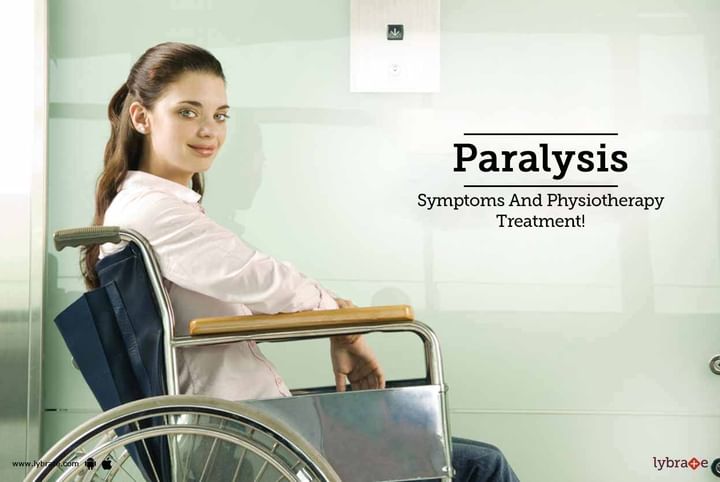Paralysis - Symptoms And Physiotherapy Treatment!
Paralysis can be concluded as the state when the muscles lose functioning in any part of the body. Any kind of disruption in our nerve system can be responsible enough to cause paralysis. Our central nervous system and peripheral nervous system communicate and control our senses of movement. But interruption in nerve impulses can cause weakness in muscles which leads to muscle paralysis.
Symptoms
A paralysed patient will encounter symptoms like:
- Decreasing the motor power
- Decreasing vasomotor control
- Loss of sensation
- Decreasing bowel and bladder control
- Losing the ability of sexual function.
When it comes to treating a paralysis patient, physiotherapy is proven to be the best remedy. Physiotherapy has thoroughly helped patients with paralysis in getting to feel confident and independent. Physiotherapy includes various exercises and techniques which are developed with time in order to provide a complete rehabilitation to the patients.
Types of paralysis:
There are mainly four types of paralysis
- Monoplegia: when one limb gets paralysed
- Hemiplegia: when arm and leg of a single side get paralysed
- Paraplegia: when legs get paralysed
- Quadriplegia: when both sides get paralysed
Treating paralysis with physiotherapy-
- Physiotherapy is advised to patients with any type of paralysis. It should be started soon in order to improve blood circulation in the muscles. It also helps in relaxing the stiff muscles. This treatment improves the overall health condition of the patient.
- Physiotherapy is also responsible for reducing any kind of swelling which takes place due to external brain injury.
- Physiotherapy is helpful in making the patient stable and independent.
- It also helps in maintaining the blood pressure.
- It helps to improve the respiratory system.
- Physiotherapy maintains the affected muscles and nerves. It provides strength to the affected muscles and works to prevent the limbs from getting deformed.
- One major symptom of paralysis is a loss of bladder and bowel function. Physiotherapy helps in managing the paralysed bowel and bladder.
- Physiotherapy involves different techniques which can be learnt from a physiotherapist in order to transfer a paralysed patient.
- Othorsis, canes, braces, splints are the equipment that are advised to the patient by a professional physiotherapist.
- Physiotherapy helps in resolving problems such as anxiety, anger, depression, denial which takes place after post-paralysis mental trauma.
- Physiotherapist provides safeguarding tips to the patient and his or her family in order to avoid accidents.
- Physiotherapy has a big role in creating the motivation in patient's mind.
These are the benefits of physiotherapy which help the paralyzed limbs getting stronger and better. But it is always advised to be done under a professional physiotherapist.



+1.svg)
